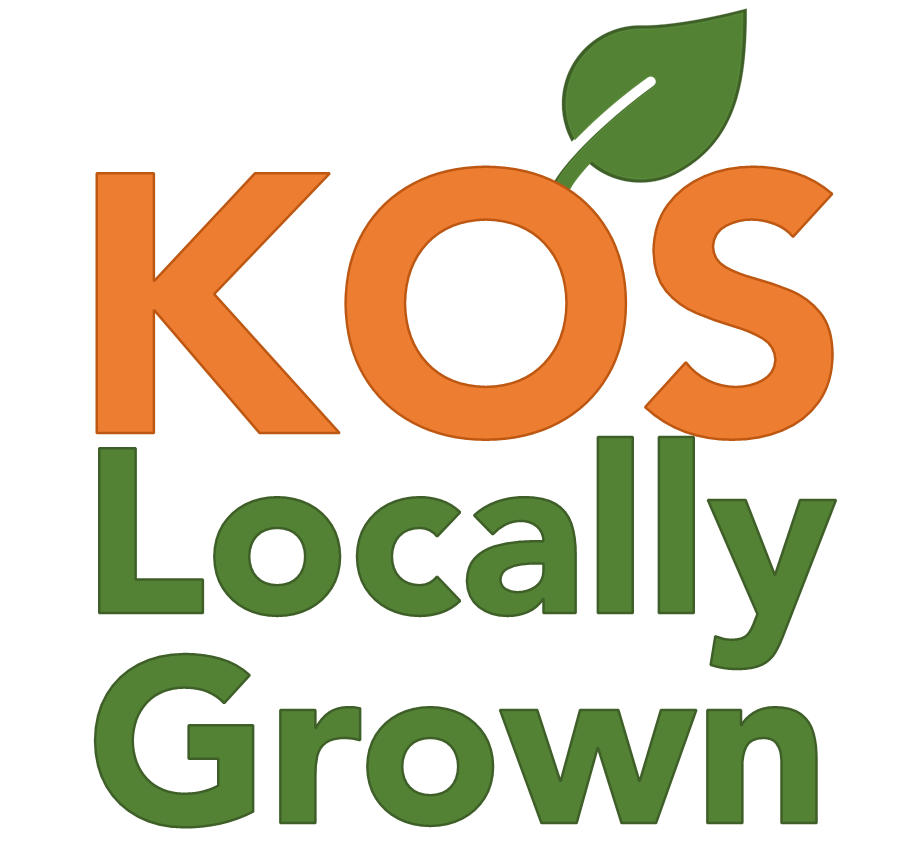
AGRICULTURAL PRODUCTS PRODUCED BY KOS (according to sources)
3000 BC: Cereals, grapes, livestock products, wine
4th century BC: Silk, wine, myrrh and ointments, marbles and fish
1523 to 19th century (Ottoman Occupation): fruits (grapes, watermelons, melons) and raisins, cereals (wheat, barley, sesame and millet). 4 olive mills, 3 tanneries, 14 wineries, 15 kilns, 75 mills and 229 workshops prove the agricultural and trade-export activity of the island.
1803: Beaufort reports that the fruits of this fertile island, especially the grapes and melons, are an important part of trade with Egypt, and its wines are also excellent.
17th-18th century AC: The English hydrographist John Poudry [1773-1843] observes that the soils around the villages produce corn, much of which is extracted. White dry wine is very good, while other products produced are figs, lemons and oranges, the latter are exported in large quantities.
20th century A.D. : tomato production, cow breeding. In 1954 the first tomato factory-AVIKO- was founded, and the cooperative winery- VINKO.
Today: The primary production of Kos can be classified into:
Modified/Packaged Products: Oil (2 Olive Oil Mills), wine (7 Wineries), honey, olives, cheese, cosmetics, sweets.
Fruits: oranges, lemons, tangerines, figs, pears, melons, watermelons, strawberries.
Vegetables: potatoes, onions, tomatoes, cucumbers, broccoli, lettuce, eggplants, carrots, sweet potatoes, tomatoes
